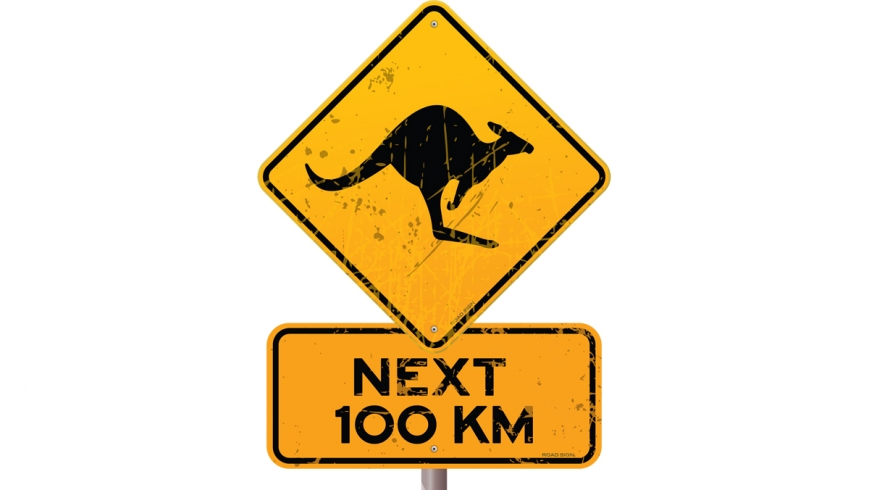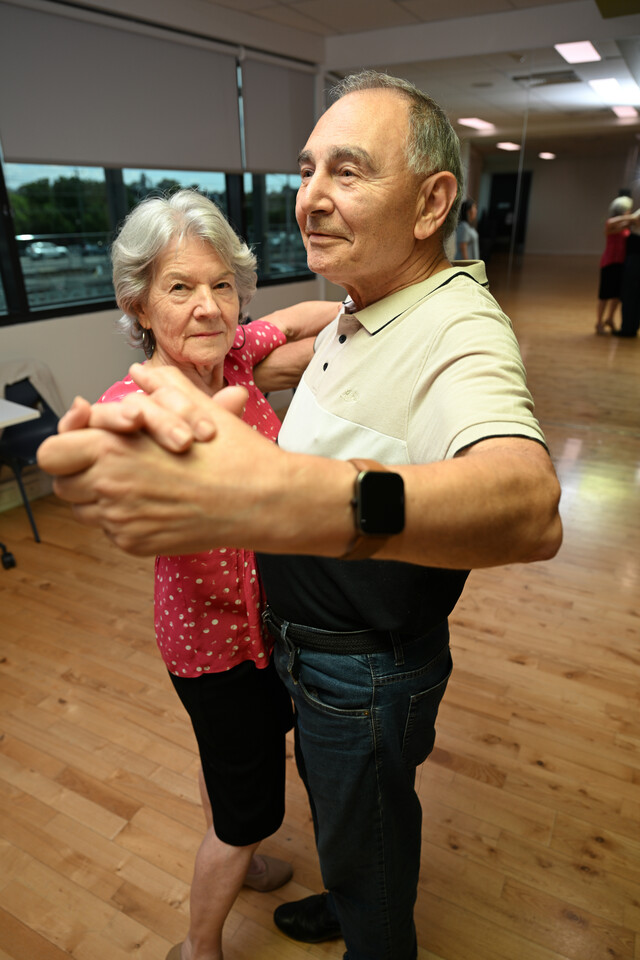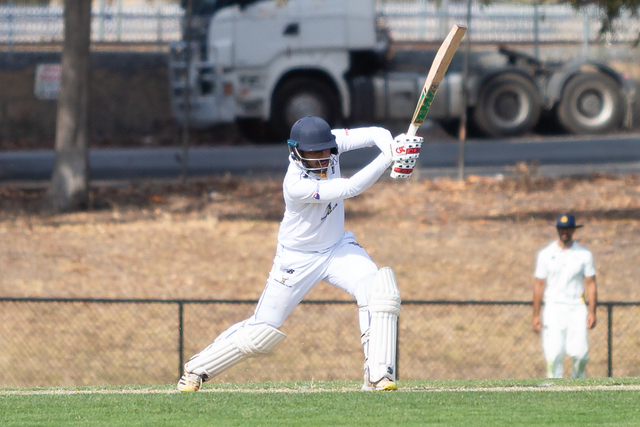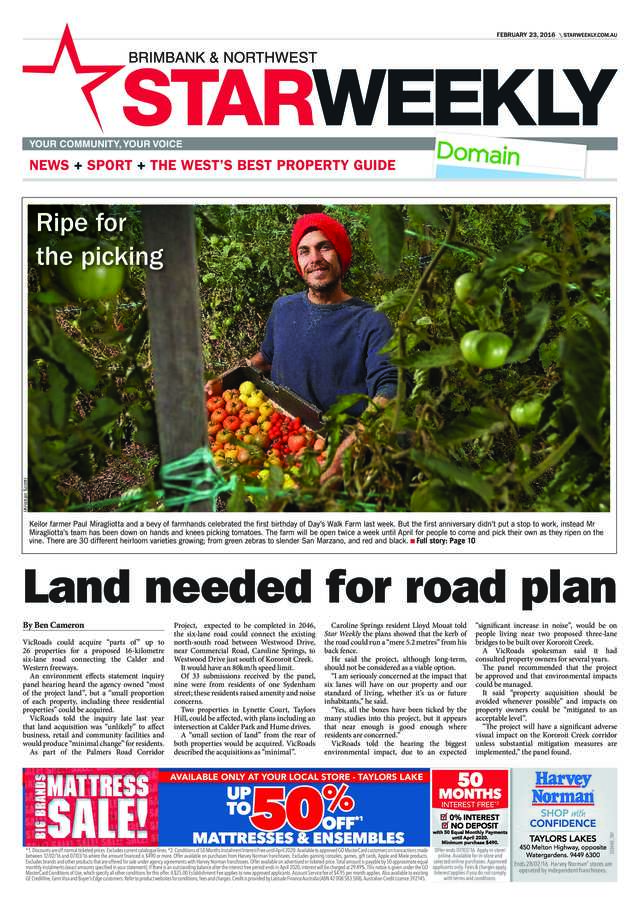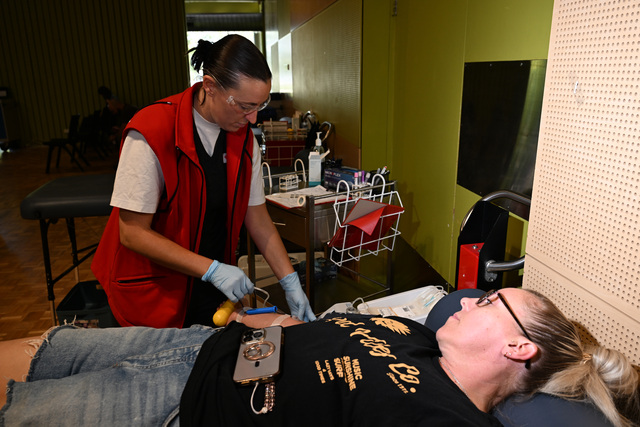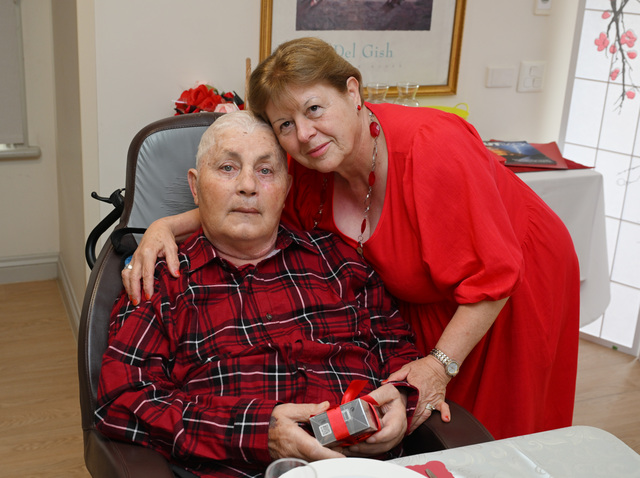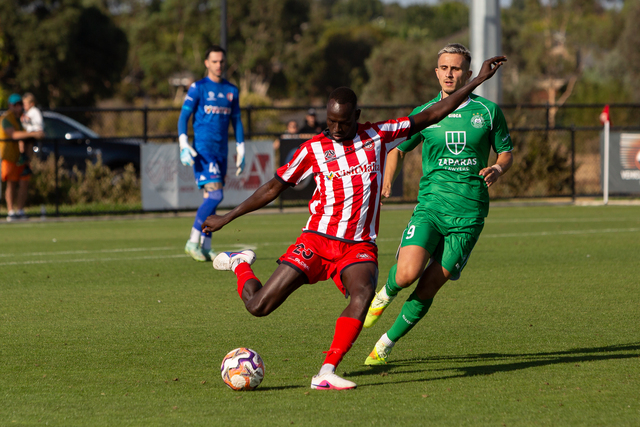There was a flash of movement at the furthest corner of my eye.
I braked as hard as I dared on a highway just over the crest of a hill at night.
But he had a fair bit of momentum up and the thud as I hit him was sickening.
Pulling over, I approached to try to see how badly my victim was injured when suddenly he got up and bounded away – apparently more bruised and shocked than broken.
Hitting a roo on the road is an increasing hazard of driving in regional Victoria and even around the urban fringes of Melbourne.
While the damage to the car hadn’t looked too bad under torchlight, the panel beater quickly disabused me of the idea I’d be travelling in it any time soon.
Waving to a workshop full of vehicles in various states of distress, he made it clear I’d have to join the queue of vehicles damaged by close encounters with roos.
“Sometimes,” Doug declared, “I look out there and 70 per cent of the cars have hit kangas.”
He estimates car-to-kangaroo collisions now account for a third of all his business.
“There are actually a lot less cars coming in that have run into another vehicle, but in the past few years the number of kangaroo hits has increased … if you’ll pardon the pun … in leaps and bounds.
“A lady came in this morning in a $5000-$6000 van and it’s going to be a write-off. Even the dashboard’s gone. They’re like hitting a brick wall if you hit a big one.”
Do roo whistles work? “Well, they come in here with all the bells and whistles and they’ve still hit ’em. Even the police cars and they’ve got the expensive Shu Roos.
“It must be costing the insurance companies a bomb.”
The average cost of claims arising from colliding with animals comes in at more than $4500, AAMI personal insurance corporate affairs manager Reuben Aitchison reveals. And May through July is the worst time of year for animal collisions, with a 40 per cent jump in claims nationally compared with the longer-daylight summer months.
My own accident meant I had to borrow my 87-year-old father’s car for a spell.
This apparently gave him time to road-test an idea.
Upon returning the keys my dear dad announced, entirely of his own volition, he was giving up driving – 76 years after he had his very first lesson in his own father’s Oldsmobile.
In all those years he had only one minor bingle, in 1946 – the result of the other driver’s failure to use a hand signal when turning right.
Dad was never fined, never lost a demerit point for a driving offence and never even got a parking ticket.
It’s an impressive record, but what makes me most proud is that he’s still so mindful of others, he wouldn’t dream of considering keeping on driving for his own convenience in stubborn denial of his physical and mental deterioration.
Sometimes, the truth jumps out at you.
But it’s a brave man who accelerates towards it.

